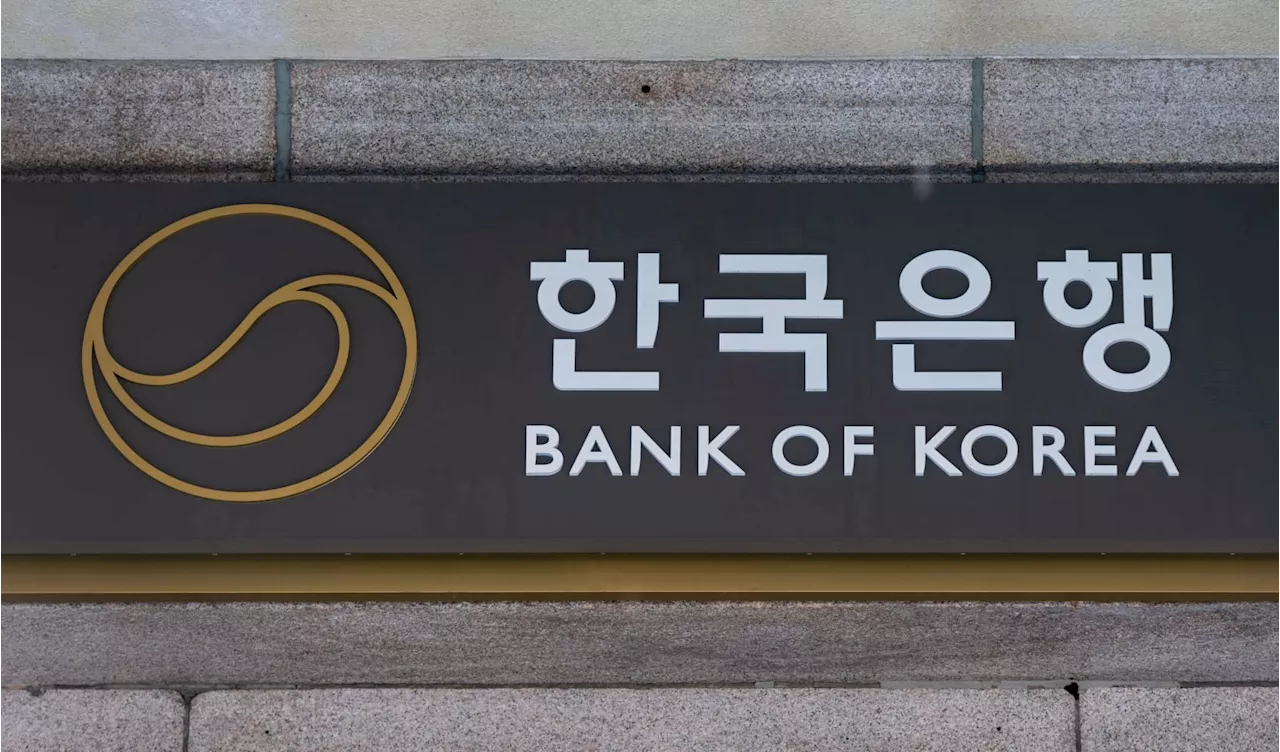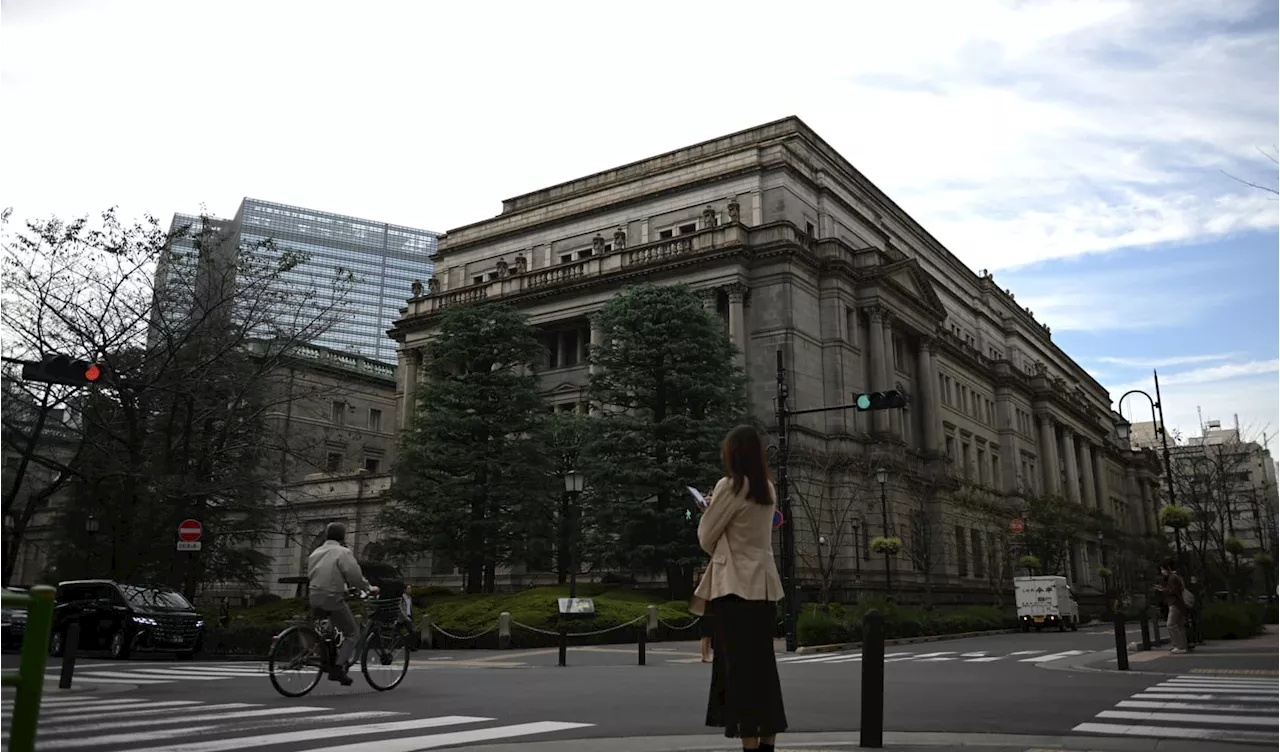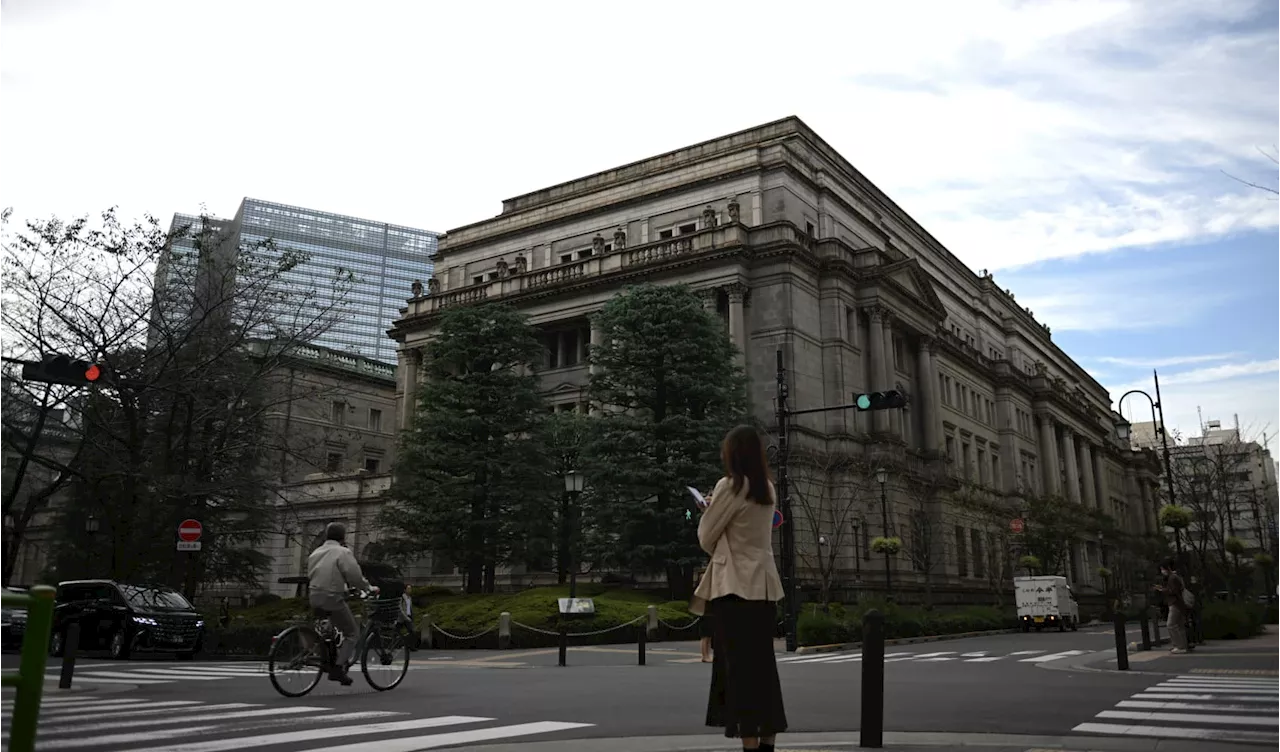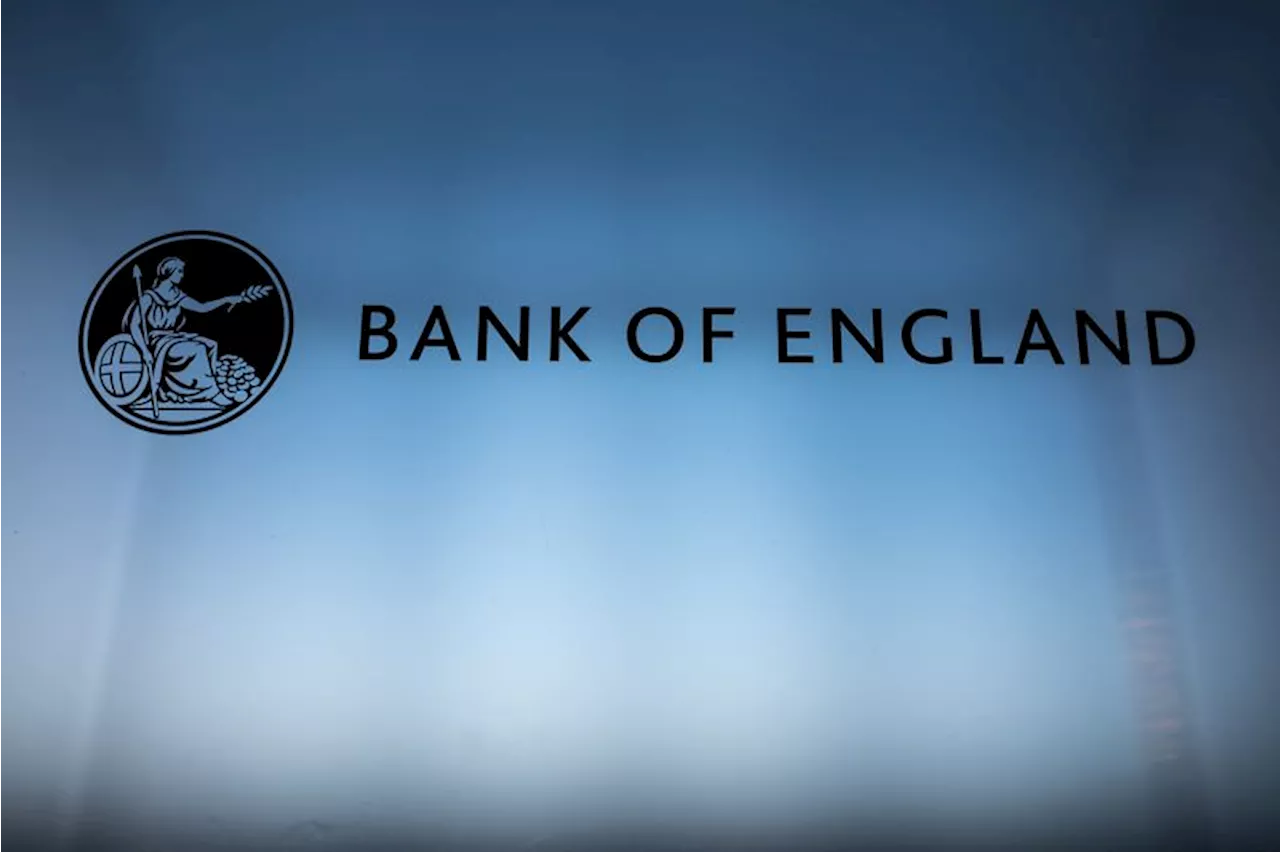The Bank of Korea surprised markets by maintaining its policy rate at 3%, opting to monitor evolving domestic and global economic conditions. This decision came despite expectations of a rate cut and reflects concerns about intensifying downward pressures on growth.
The Bank of Korea surprised economists by holding its benchmark policy rate at 3%, opting to assess shifting domestic and global economic conditions. This decision defied expectations of a 25-basis-point reduction, as predicted by economists surveyed by Reuters.
The central bank stated that while inflation has stabilized and household debt has shown signs of deceleration, downward pressures on economic growth have intensified, and currency volatility has surged due to heightened political uncertainties. The BOK further emphasized that domestic political shifts and evolving economic policies in major countries have amplified economic uncertainty. Following the announcement, South Korea's stock market reacted positively, with the benchmark Kospi index gaining 1.25% and the small-cap Kosdaq index surging 1.69%. The South Korean won strengthened by approximately 0.3%, trading at 1,450.27.Analysts pointed to the already fragile state of the South Korean economy, noting that while certain export sectors like semiconductors and electronics thrived, other export segments struggled, and the domestic economy faced difficulties gaining momentum. Furthermore, they highlighted the won's significant depreciation against the Japanese yen, despite the Bank of Korea's smaller interest rate differential compared to the U.S. Federal Reserve. The BOK acknowledged the likelihood of South Korea falling short of its 2024 GDP growth forecasts of 2.2% and the 2025 projection of 1.9%. Factors contributing to this outlook include anticipated slowdown in export growth and a slower-than-expected recovery in domestic demand, largely attributed to waning consumer confidence. The central bank underscored that high uncertainties persist regarding the future trajectory of economic growth, influenced by domestic political developments, economic stimulus measures, and policies implemented by the incoming Trump administration
BANK OF KOREA MONETARY POLICY ECONOMIC GROWTH INFLATION POLITICAL UNCERTAINTY
United States Latest News, United States Headlines
Similar News:You can also read news stories similar to this one that we have collected from other news sources.
 Bank of Korea Holds Rates Steady Amid Economic UncertaintyThe Bank of Korea surprised economists by holding its benchmark policy rate at 3%, opting to assess changes in domestic and external economic conditions. The decision comes after two back-to-back rate cuts and amid concerns about slowing economic growth, political uncertainty, and exchange rate volatility.
Bank of Korea Holds Rates Steady Amid Economic UncertaintyThe Bank of Korea surprised economists by holding its benchmark policy rate at 3%, opting to assess changes in domestic and external economic conditions. The decision comes after two back-to-back rate cuts and amid concerns about slowing economic growth, political uncertainty, and exchange rate volatility.
Read more »
 Bank of Japan Holds Interest Rates Amid Cautious OutlookThe Bank of Japan opted to maintain interest rates at 0.25% amidst concerns about Japan's economic trajectory and rising inflation. While some analysts predicted a rate hike, the BOJ cited softening economic activity and political uncertainty as contributing factors to the decision.
Bank of Japan Holds Interest Rates Amid Cautious OutlookThe Bank of Japan opted to maintain interest rates at 0.25% amidst concerns about Japan's economic trajectory and rising inflation. While some analysts predicted a rate hike, the BOJ cited softening economic activity and political uncertainty as contributing factors to the decision.
Read more »
 Bank of Japan Holds Rates Steady, Surprising EconomistsThe Bank of Japan (BOJ) surprised economists by keeping its benchmark interest rate at 0.25% despite expectations for a 25 basis point hike. The decision was a split 8-1 vote, with one board member advocating for a rate increase. The BOJ cited uncertainties surrounding Japan's economic activity and prices, particularly the impact of recent wage and price increases. Governor Kazuo Ueda stated that the BOJ could proceed cautiously with rate hikes as underlying inflation remains moderate.
Bank of Japan Holds Rates Steady, Surprising EconomistsThe Bank of Japan (BOJ) surprised economists by keeping its benchmark interest rate at 0.25% despite expectations for a 25 basis point hike. The decision was a split 8-1 vote, with one board member advocating for a rate increase. The BOJ cited uncertainties surrounding Japan's economic activity and prices, particularly the impact of recent wage and price increases. Governor Kazuo Ueda stated that the BOJ could proceed cautiously with rate hikes as underlying inflation remains moderate.
Read more »
 Bank of Japan Holds Interest Rates Steady, Surprising EconomistsThe Bank of Japan unexpectedly kept its benchmark interest rate at 0.25%, defying predictions of a 25 basis point increase. The decision, made in an 8-1 vote, was driven by a desire to analyze the impact of recent economic factors, including a weakening yen and potential wage-price increases. While acknowledging uncertainties surrounding Japan's economic outlook, BOJ Governor Kazuo Ueda emphasized the cautious approach to rate hikes due to moderate inflation.
Bank of Japan Holds Interest Rates Steady, Surprising EconomistsThe Bank of Japan unexpectedly kept its benchmark interest rate at 0.25%, defying predictions of a 25 basis point increase. The decision, made in an 8-1 vote, was driven by a desire to analyze the impact of recent economic factors, including a weakening yen and potential wage-price increases. While acknowledging uncertainties surrounding Japan's economic outlook, BOJ Governor Kazuo Ueda emphasized the cautious approach to rate hikes due to moderate inflation.
Read more »
 Bank of England Holds Interest Rates Steady Amid Inflation ConcernsThe Bank of England has decided to maintain interest rates at 4.75%, opting for a cautious approach as inflation remains a pressing issue. While the central bank cut rates twice this year, inflation continues to surge, reaching 2.6% in November and exceeding the Bank of England's 2% target. Pay increases have also raised concerns about underlying inflationary pressures. The Bank's projections suggest that the Autumn Budget could potentially contribute to inflation, delaying its return to 2% until early 2027. Despite these factors, the Bank signaled a data-dependent approach to future policy decisions, leaving investors uncertain about the likelihood of further rate cuts.
Bank of England Holds Interest Rates Steady Amid Inflation ConcernsThe Bank of England has decided to maintain interest rates at 4.75%, opting for a cautious approach as inflation remains a pressing issue. While the central bank cut rates twice this year, inflation continues to surge, reaching 2.6% in November and exceeding the Bank of England's 2% target. Pay increases have also raised concerns about underlying inflationary pressures. The Bank's projections suggest that the Autumn Budget could potentially contribute to inflation, delaying its return to 2% until early 2027. Despite these factors, the Bank signaled a data-dependent approach to future policy decisions, leaving investors uncertain about the likelihood of further rate cuts.
Read more »
 Bank of England Holds Interest Rates Despite UK Inflation SurgeThe Bank of England maintained its key interest rate at 4.75% as UK inflation climbed to its highest level in eight months. Contrary to expectations, three MPC members voted for a rate cut, while six favored holding. The BOE also revised its economic outlook downwards, projecting no growth in the fourth quarter of 2024.
Bank of England Holds Interest Rates Despite UK Inflation SurgeThe Bank of England maintained its key interest rate at 4.75% as UK inflation climbed to its highest level in eight months. Contrary to expectations, three MPC members voted for a rate cut, while six favored holding. The BOE also revised its economic outlook downwards, projecting no growth in the fourth quarter of 2024.
Read more »
